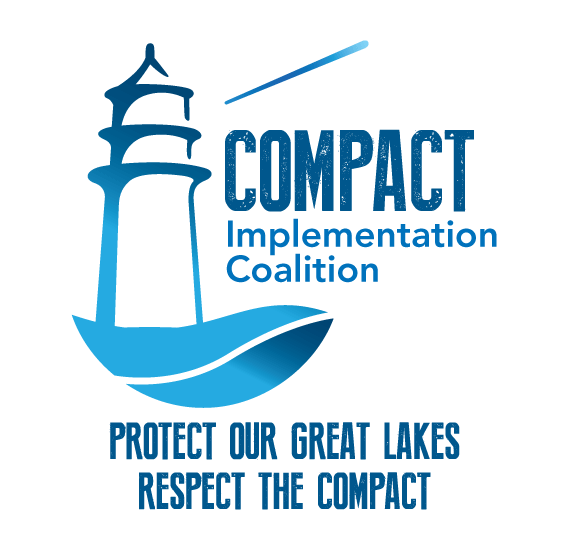Waukesha Fails to Meet the Minimum Requirements of the Great Lakes Compact
The Great Lakes Compact bans water diversions outside of the Great Lakes basin except under extraordinary circumstances and only a LAST RESORT, never as a preferred option. A community located in a county that straddles the Great Lakes Basin, like Waukesha, may request water only if they have shown they do not have any viable, safe and sustainable water supply.
Meet the Strict Definition of a Community in Need.
- Waukesha uses communities outside of its city limits to justify the inflated amount of water it requests in its diversion application.
- The communities in this expanded water service area have not indicated a need or desire to tap into the City of Waukesha for water services or to combine governments.
- Waukesha has a viable and sustainable alternative water supply for current AND future needs.
- Waukesha has a local water supply alternative that is almost half of the cost of diverting water from the Great Lakes, allows for growth and development within its city limits, satisfies expected demand from a growing population, and is safe from contaminants with treatment.
Show There Is No Reasonable Alternative Water Supply a Great Lakes Water Supply.
- Waukesha never implemented the necessary conservation measures required before applying for a water diversion.
- Waukesha has only implemented a fraction of its water conservation and efficiency plan and proposes to implement the rest of the plan over 20 years.
- The communities in the expanded service area cannot meet conservation requirements because there is no central water supply or distribution, most homes are on well and septic systems, and are not implementing conservation or measuring use.
Reduce Water Demand Through Conservation Measures BEFORE Applying for a Water Diversion.
- Waukesha’s current plan is to return Great Lakes water via the Root River, a Great Lakes tributary. The Root River is polluted with phosphorus, and is officially designated as an impaired river because of this pollution.
- Although treated, Waukesha’s returned water will add phosphorus pollution to the already impaired Root River. This also violates the standards of the federal Clean Water Act.
- The Root River floods during times of high flow and strong storms. Waukesha has yet to demonstrate how its return flow plans will not make this problem worse.
- Waukesha’s current proposed return flow plan results in mixing of Lake Michigan Basin water and Mississippi River Basin water.
- Returning Mississippi River waters to the Root River has the potential to negatively impact vital habitat and aquatic life in the Fox River.
Return all Great Lakes Water to the Great Lakes Without Doing Harm to other rivers and without mixing Great Lakes water with out-of-basin waters.


